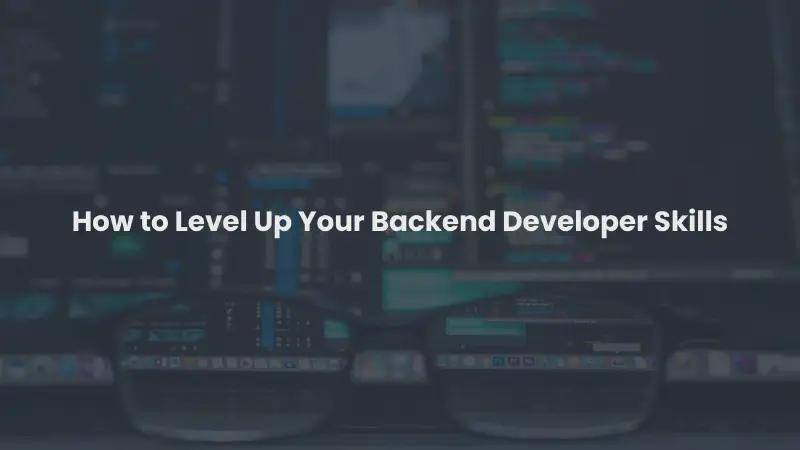As a backend developer, it’s easy to find yourself stuck in the routine of building simple CRUD applications. While these are fundamental, advancing your skills requires exploring more complex and challenging areas of backend development. Here’s how you can level up your backend skills.
Implement Metrics and Monitoring
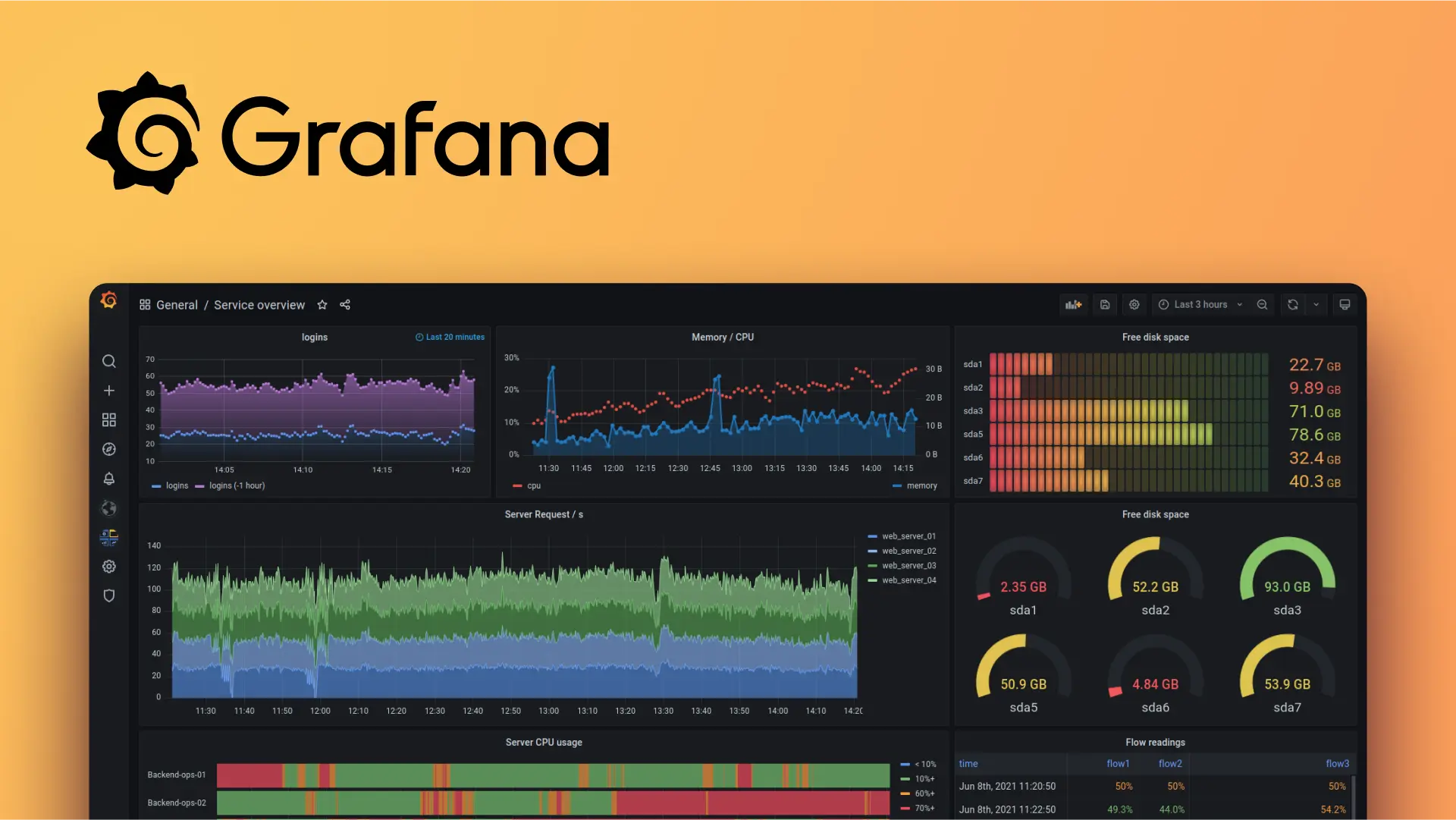 Start by adding metrics to your applications. Tools like Prometheus for scraping metrics and Grafana for visualization can give you valuable insights into your application’s performance. Containerize your application using Docker and set up a Prometheus scraper to collect data, which Grafana can then visualize. This approach will not only improve your understanding of application performance but also familiarize you with essential DevOps tools.
Start by adding metrics to your applications. Tools like Prometheus for scraping metrics and Grafana for visualization can give you valuable insights into your application’s performance. Containerize your application using Docker and set up a Prometheus scraper to collect data, which Grafana can then visualize. This approach will not only improve your understanding of application performance but also familiarize you with essential DevOps tools.
Build Multi-Service Architectures
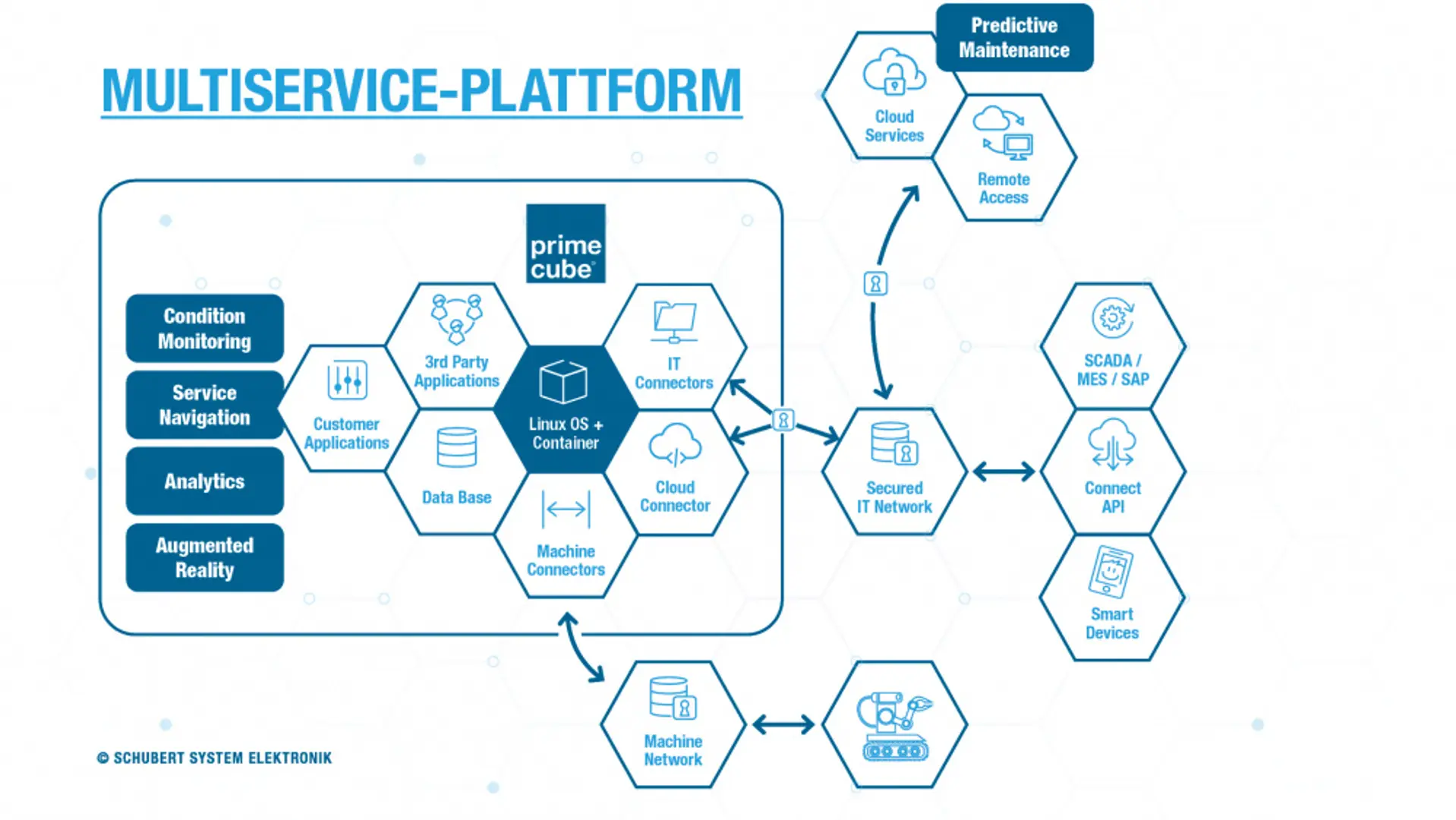 One way to break out of the CRUD cycle is to create multiple backend services that interact with each other. You can start by creating a secondary service that communicates with your primary application. Implement authentication using JWT tokens and set up different environments using environment variables. This will help you understand the intricacies of microservices and how services communicate in a production environment.
One way to break out of the CRUD cycle is to create multiple backend services that interact with each other. You can start by creating a secondary service that communicates with your primary application. Implement authentication using JWT tokens and set up different environments using environment variables. This will help you understand the intricacies of microservices and how services communicate in a production environment.
Explore Application Performance Management (APM) and Tracing
 APM tools and tracing are crucial for diagnosing and resolving issues in complex systems. Learn how to implement APM, explore gRPC for high-performance communication, and dive into service- and architecture-level security. These practices are essential for optimizing backend performance and ensuring the reliability of your applications.
APM tools and tracing are crucial for diagnosing and resolving issues in complex systems. Learn how to implement APM, explore gRPC for high-performance communication, and dive into service- and architecture-level security. These practices are essential for optimizing backend performance and ensuring the reliability of your applications.
Dive Into Microservices and Event-Driven Architectures
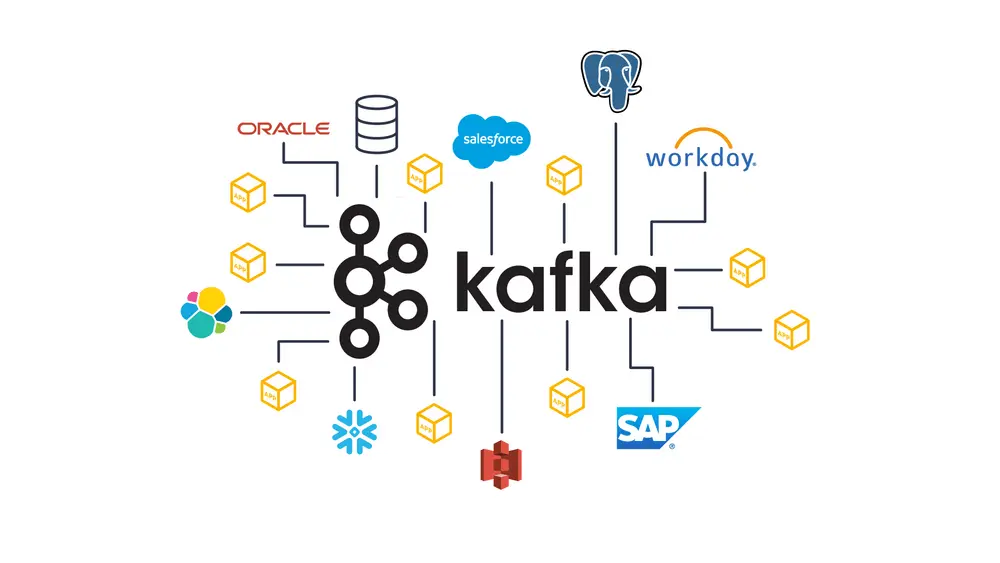 Consider breaking your applications into microservices, each responsible for a specific part of your system. Explore event-driven architectures, where different parts of your application communicate via events rather than direct calls. Tools like RabbitMQ or Kafka for message brokering and handling streams can help manage data flow efficiently across your services.
Consider breaking your applications into microservices, each responsible for a specific part of your system. Explore event-driven architectures, where different parts of your application communicate via events rather than direct calls. Tools like RabbitMQ or Kafka for message brokering and handling streams can help manage data flow efficiently across your services.
Optimize Database Architecture
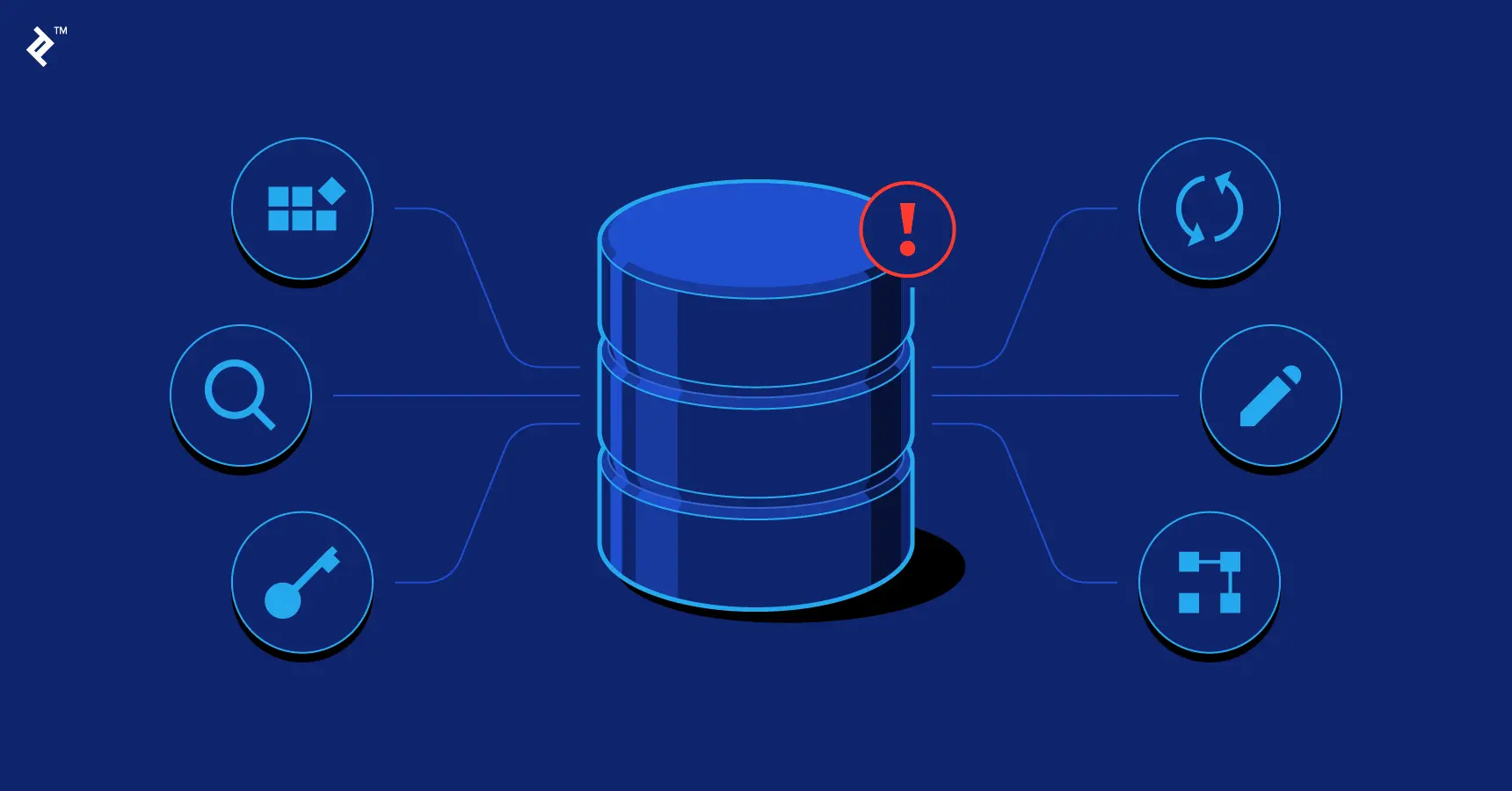 Database optimization is a crucial skill for any backend developer. Learn how to design efficient database schemas, implement indexing strategies, and handle large datasets with pagination and sorting. Create scripts to populate your database with millions of rows and optimize queries for performance under load. Understanding database normalization and denormalization will help you manage complex data relationships and improve query performance.
Database optimization is a crucial skill for any backend developer. Learn how to design efficient database schemas, implement indexing strategies, and handle large datasets with pagination and sorting. Create scripts to populate your database with millions of rows and optimize queries for performance under load. Understanding database normalization and denormalization will help you manage complex data relationships and improve query performance.
Integrate Advanced Features into Existing Projects
 Enhance your existing projects by integrating advanced features like file handling, background tasks, and real-time updates. For instance, you could extend a CRUD application to include a file upload system, with files processed asynchronously. Implement real-time notifications using WebSockets and handle complex data processing with background workers.
Enhance your existing projects by integrating advanced features like file handling, background tasks, and real-time updates. For instance, you could extend a CRUD application to include a file upload system, with files processed asynchronously. Implement real-time notifications using WebSockets and handle complex data processing with background workers.
Learn Infrastructure as Code (IaC)
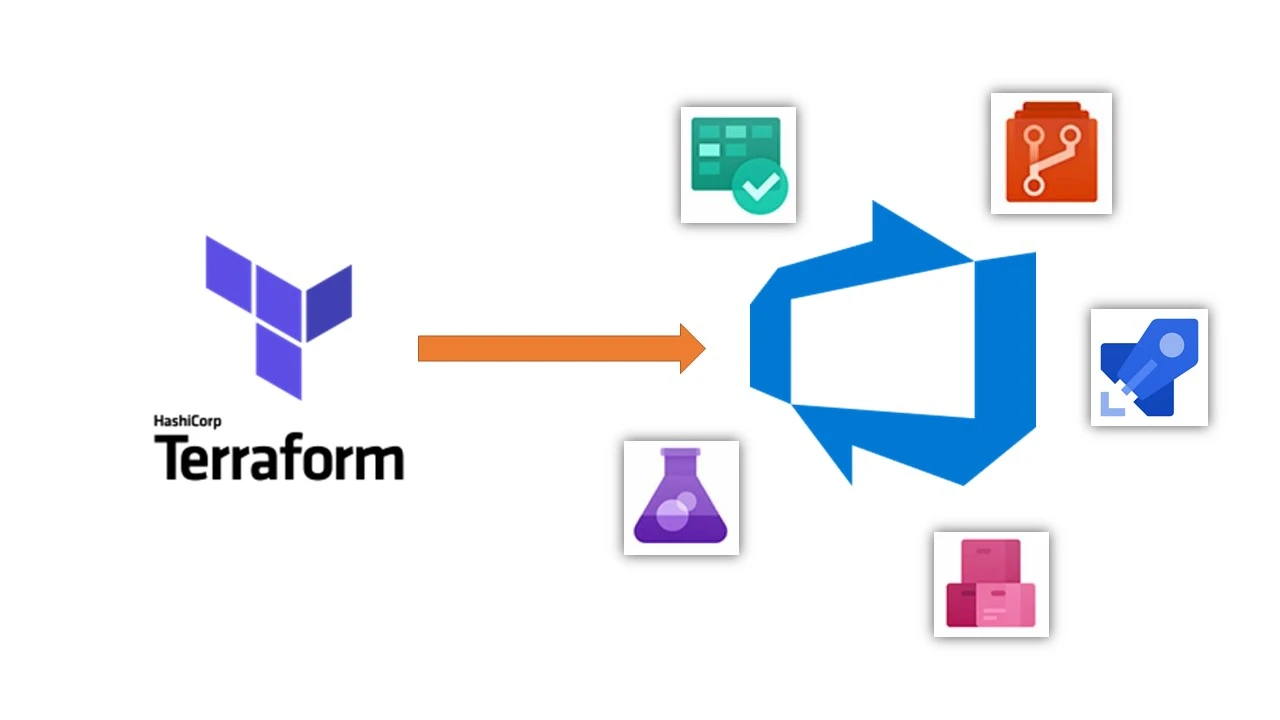 Explore tools like Terraform to automate the deployment of your infrastructure. Implement CI/CD pipelines for automated testing and deployment, and experiment with Kubernetes for container orchestration. These skills are critical for managing modern backend systems and ensuring that your applications are scalable and maintainable.
Explore tools like Terraform to automate the deployment of your infrastructure. Implement CI/CD pipelines for automated testing and deployment, and experiment with Kubernetes for container orchestration. These skills are critical for managing modern backend systems and ensuring that your applications are scalable and maintainable.
Get Comfortable with Security Best Practices
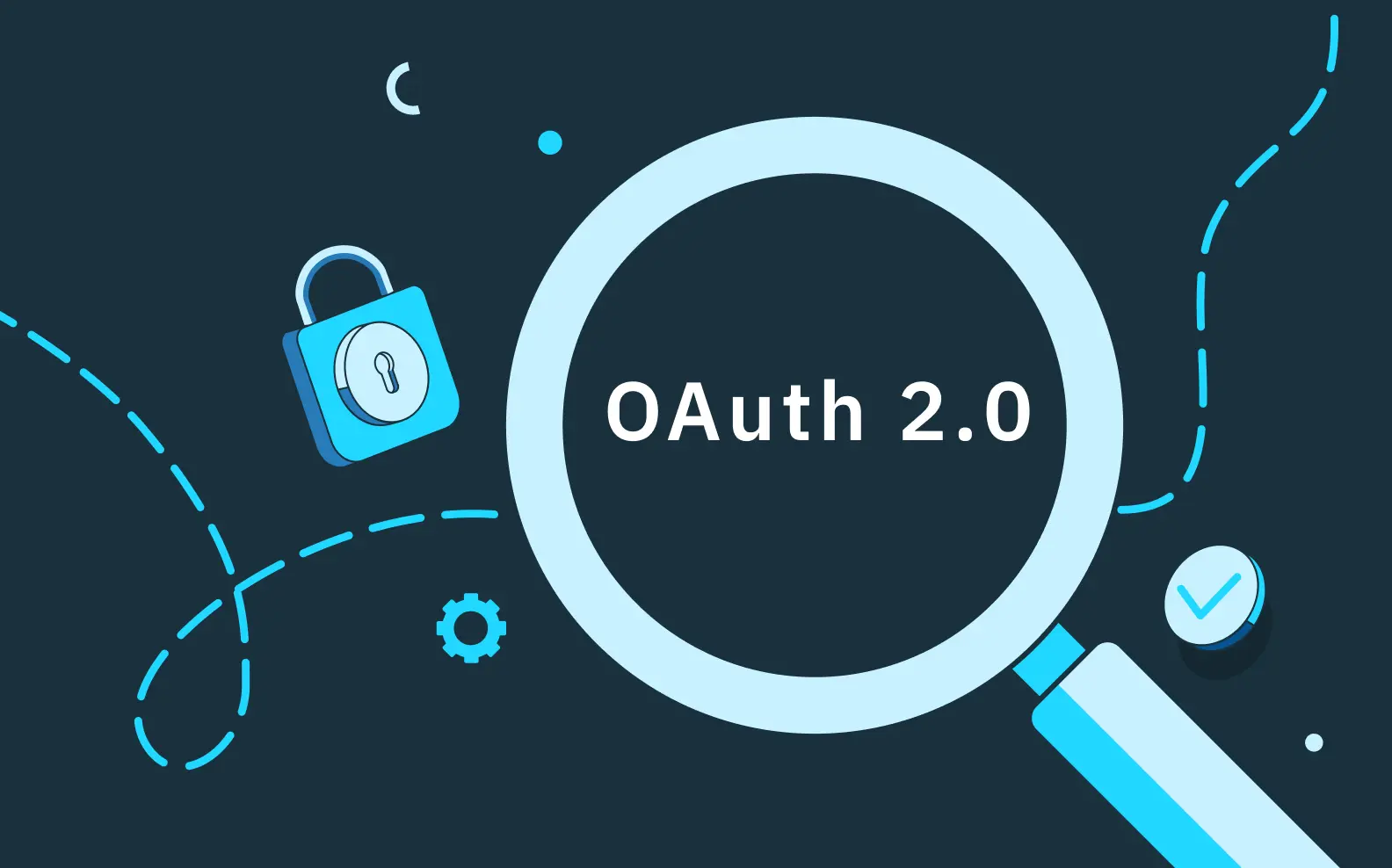 Security is a fundamental aspect of backend development. Learn how to implement secure authentication and authorization, manage sensitive data, and ensure your applications are resilient against common security threats. Study architectural patterns that enhance security, like using OAuth for authentication and HTTPS for secure communication.
Security is a fundamental aspect of backend development. Learn how to implement secure authentication and authorization, manage sensitive data, and ensure your applications are resilient against common security threats. Study architectural patterns that enhance security, like using OAuth for authentication and HTTPS for secure communication.
Experiment with New Backend Technologies
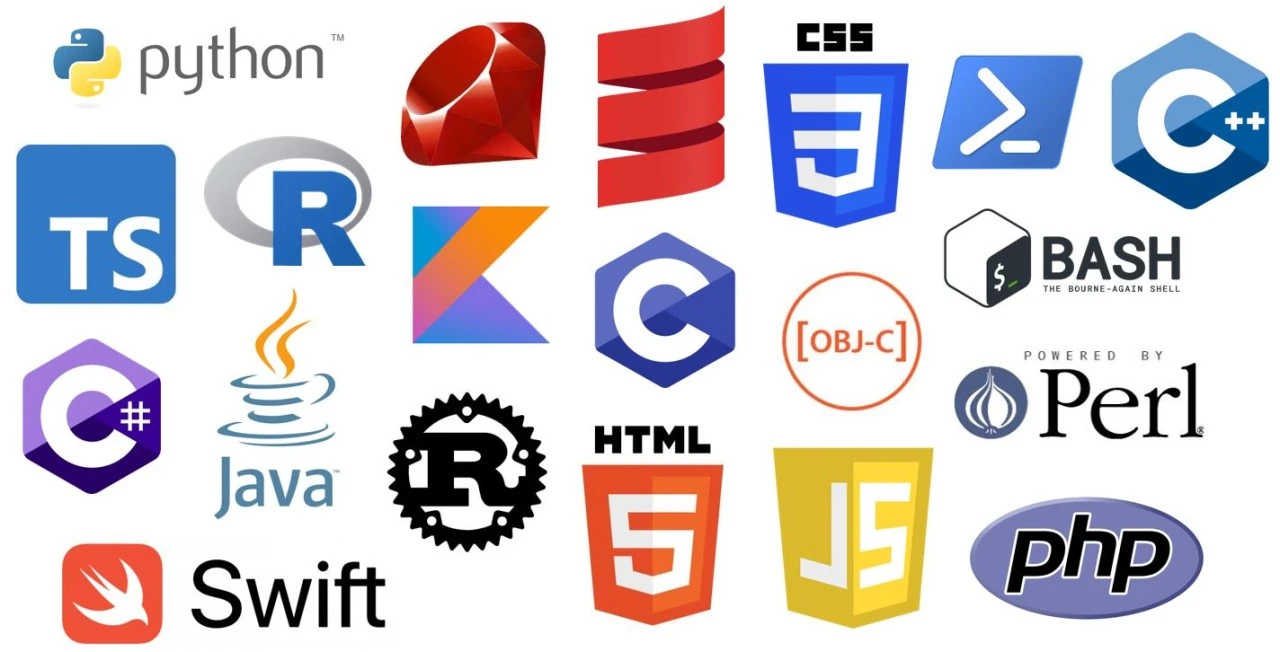 Finally, don’t hesitate to explore new languages and frameworks. Learning a new backend-centric language like Go or Java, and applying the concepts you’ve learned, can broaden your perspective and make you a more versatile developer. Additionally, experimenting with emerging technologies like serverless computing or blockchain for backend development can set you apart in the industry.
Finally, don’t hesitate to explore new languages and frameworks. Learning a new backend-centric language like Go or Java, and applying the concepts you’ve learned, can broaden your perspective and make you a more versatile developer. Additionally, experimenting with emerging technologies like serverless computing or blockchain for backend development can set you apart in the industry.
By pushing beyond the basics and diving into these advanced topics, you’ll become a more skilled and confident backend developer. The key is to stay curious, keep experimenting, and never stop learning.
